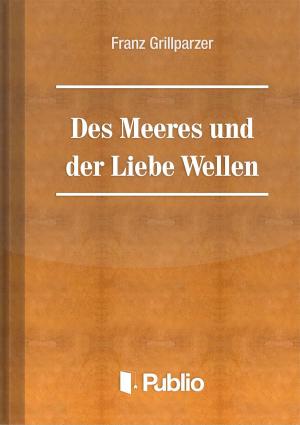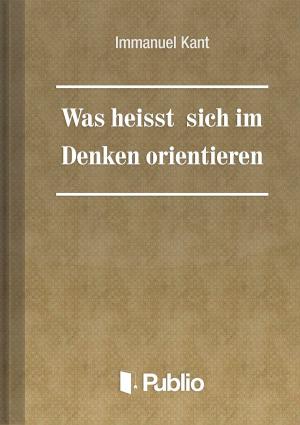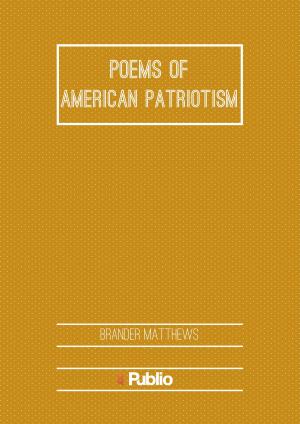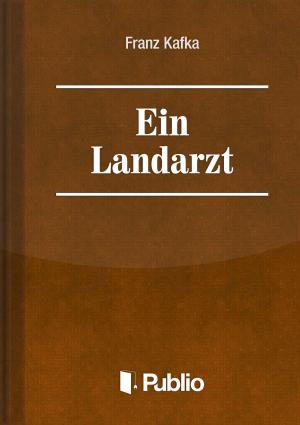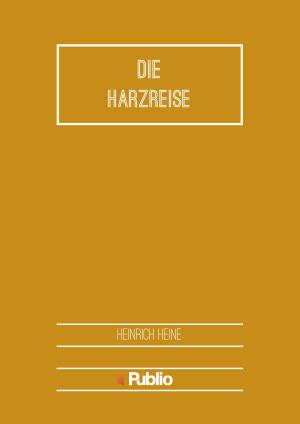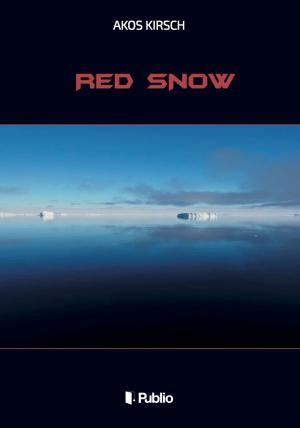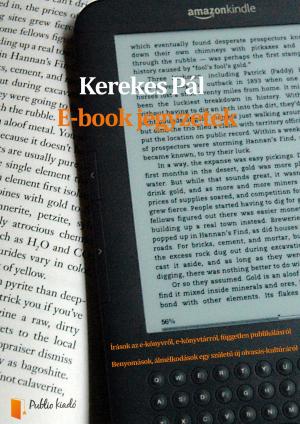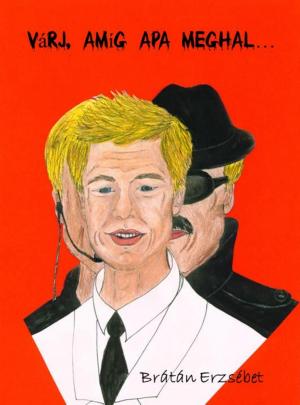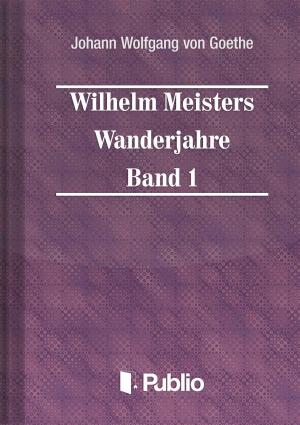| Author: | G. W. E. Russell | ISBN: | 9789633819456 |
| Publisher: | Publio Kiadó | Publication: | May 26, 2014 |
| Imprint: | Language: | English |
| Author: | G. W. E. Russell |
| ISBN: | 9789633819456 |
| Publisher: | Publio Kiadó |
| Publication: | May 26, 2014 |
| Imprint: | |
| Language: | English |
This book is intended to deal with substance rather than with form. But, in estimating the work of a teacher who taught exclusively with the pen, it would be perverse to disregard entirely the qualities of the writing which so penetrated and coloured the intellectual life of the Victorian age. Some cursory estimate of Arnold's powers in prose and verse must therefore be attempted, before we pass on to consider the practical effect which those powers enabled him to produce.
And here it behoves a loyal and grateful disciple to guard himself sedulously against the peril of overstatement. For to the unerring taste, the sane and sober judgment, of the Master, unrestrained and inappropriate praise would have been peculiarly distressing.
This caution applies with special force to our estimate of his rank in poetry. That he was a poet, the most exacting, the most paradoxical criticism will hardly deny; but there is urgent need for moderation and self-control when we come to consider his place among the poets. Are we to call him a great poet? The answer must be carefully pondered.
This book is intended to deal with substance rather than with form. But, in estimating the work of a teacher who taught exclusively with the pen, it would be perverse to disregard entirely the qualities of the writing which so penetrated and coloured the intellectual life of the Victorian age. Some cursory estimate of Arnold's powers in prose and verse must therefore be attempted, before we pass on to consider the practical effect which those powers enabled him to produce.
And here it behoves a loyal and grateful disciple to guard himself sedulously against the peril of overstatement. For to the unerring taste, the sane and sober judgment, of the Master, unrestrained and inappropriate praise would have been peculiarly distressing.
This caution applies with special force to our estimate of his rank in poetry. That he was a poet, the most exacting, the most paradoxical criticism will hardly deny; but there is urgent need for moderation and self-control when we come to consider his place among the poets. Are we to call him a great poet? The answer must be carefully pondered.

